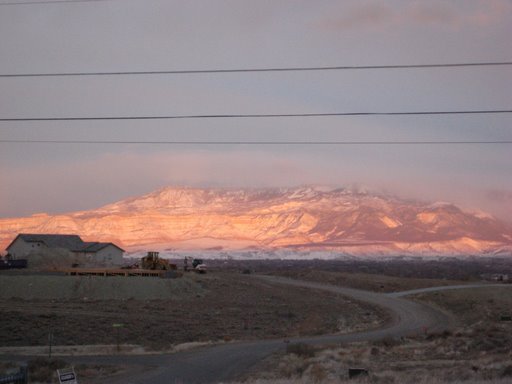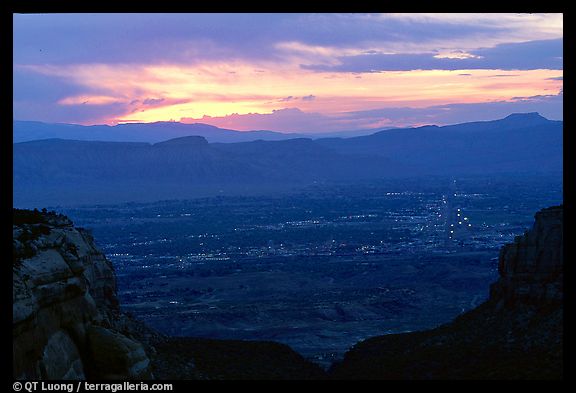Sunday, June 21, 2015
UBS Analysts: Solar Will Become the ‘Default Technology of the Future’
According to a new report from the Solar Energy Industry Association and GTM Research, more solar panels were installed on American rooftops this year than ever before. There were also more residential solar panels installed than natural gas power plants. Forbes reports that while this growth is definitely large in comparison to previous years, it is only just getting started.
Based on a new analysis from the investment bank UBS and reported on by Green Tech Media, Solar photovoltaics could account for 10 percent of electricity supplied globally in the next decade. The conclusion of this analysis found that the global installed solar capacity will more than triple between now and 2025. This trend will also continue between 2025 and 2050. UBS estimated that nearly 3,000 gigawatts of solar may be installed worldwide by the middle of the century.
To put this into perspective, one gigawatt is essentially equivalent to one large coal or natural gas plant. The future truly is looking brighter for solar energy panels and renewable energy solutions. As UBS predicts in an article for Utility Drive, it seems that solar will eventually become the default technology of the future.
“We believe solar will eventually replace nuclear and coal, and [be] establish[ed] as the default technology of the future to generate and supply electricity,” wrote the analysts.
Monday, June 8, 2015
Colorado dispute over solar power reflects national trend
A rate dispute between an electricity cooperative that serves a large swath of Colorado and its residential solar power customers is part of a national conflict between the utilities and the solar industry.
The Intermountain Rural Electric Cooperative has agreed to review its proposal to cut residential credits for solar energy. The co-op serves a large swath of Colorado from the Eastern Plans to the central mountains.
The review comes after customers complained about cutting the credit and adding new charge based on peak demand.
Among them is Tim Edmonson, who said he thought he'd save money when he added solar panels to a new home in Castle Rock.
"It completely changes the economics (of solar panels)," said Edmonson, 35, who moved to Colorado from Minnesota in July.
IREA officials insist that the current rate structure would lead to a huge subsidy to solar-equipped homes.
"A solar grows, it becomes unsustainable," IREA general manager Patrick Mooney said of the rate cuts.
Still, after criticism from customers, the IREA board is slated to meet before the end of the month to consider changes to its proposal — including exempting current solar homes from the new rates.
The battle is part of a larger war going on across the nation between utilities and the solar industry.
"There are cases in 30 states where utilities are challenging distributed solar," said Rick Gilliam, regulatory policy director for Vote Solar, an advocacy group. "It is an industrywide effort."
The Colorado Public Utilities Commission has also been holding meetings on the net-metering costs for Xcel Energy, the state's biggest utility. Xcel executives have said that net-metering credits overstate the value of rooftop solar to the system.
IREA's Mooney said the cooperative's proposed rate changes are aimed at keeping the system viable and the books balanced.
"We do have a business to run, and we are struggling just like everyone else," Mooney told solar homeowners at an IREA board meeting Tuesday.
The cooperative's solar homeowners are not convinced.
"IREA makes it hard," Edmonson said. "They don't offer any incentives. When I spoke to solar installers and they heard I was in IREA, there were moans and groans."
The IREA board will have a working session this month to go over possible changes, Mooney said. The next official board meeting is in July.
In the meantime, SolarCity has put on hold all solar projects in IREA territory, such as the one Greg Sorge was set to have installed at his home in Bennett.
Sorge, 47, has three big horses and two miniature horses and was hoping to use the panels to help heat the barn and stock tank.
"We have some huge electric payments in the winter, up to $350, and we were hoping the solar panels would help even it out," Sorge said. "But now I don't know what's going to happen. It is frustrating."
Subscribe to:
Comments (Atom)




